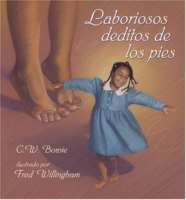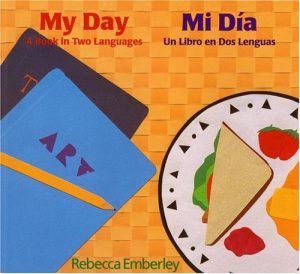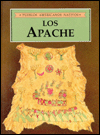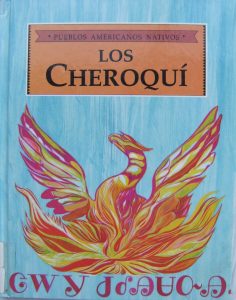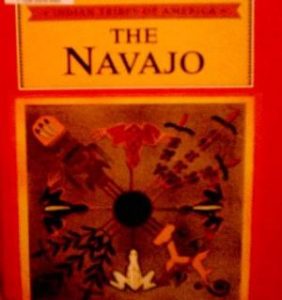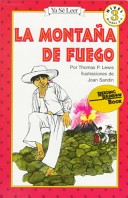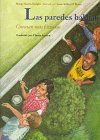
The award-winning Talking Walls and its sequel, Talking Walls: The Stories Continue, introduce young readers to different cultures and different issues around the world by telling the stories of walls and how they can hold a community together or separate it. Featured walls include the Great Wall of China, the murals of Diego Rivera, Nelson Mandela’s prison walls, a Holocaust memorial in Poland, Ndebele wall designs in South Africa, Hadrian’s Wall in England, and the Peace Lines in Belfast, Northern Ireland. These books will spark the curiosity of young readers as they learn about their world and its amazing diversity. Teacher’s guide available.
